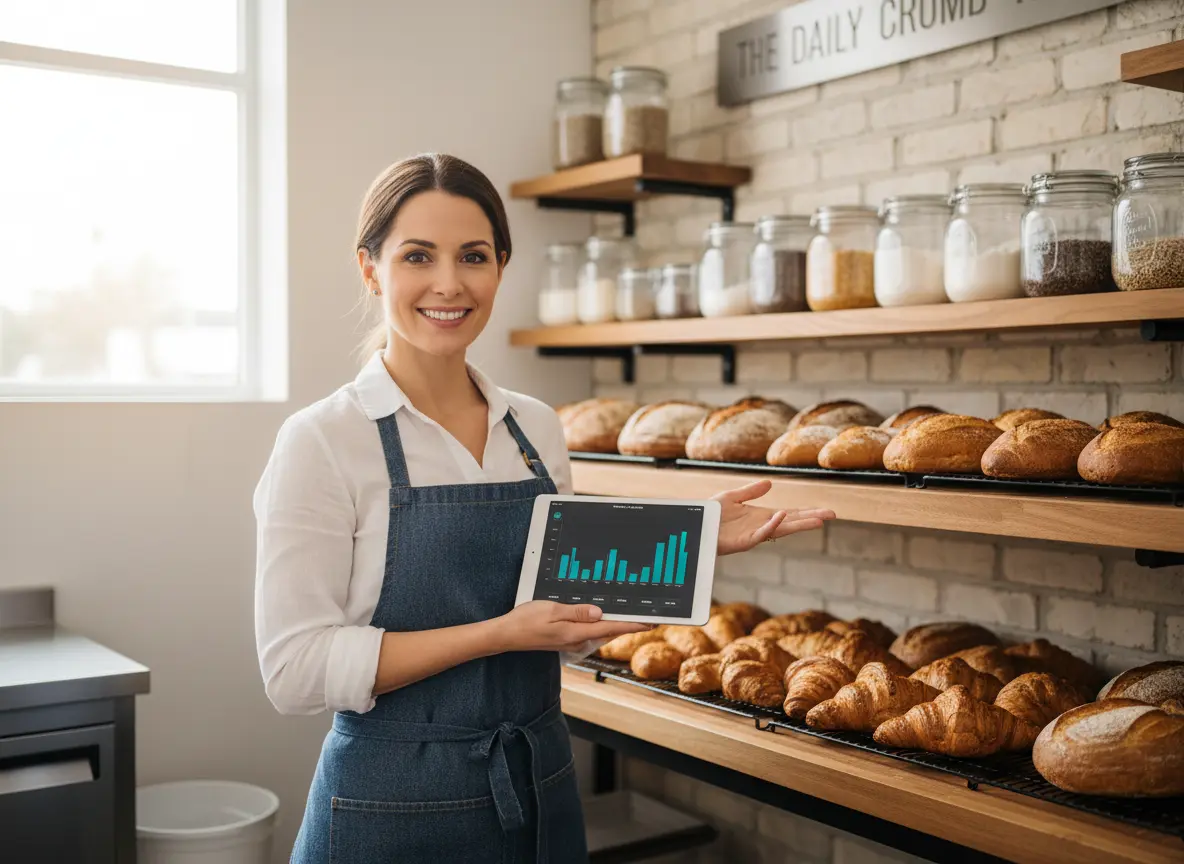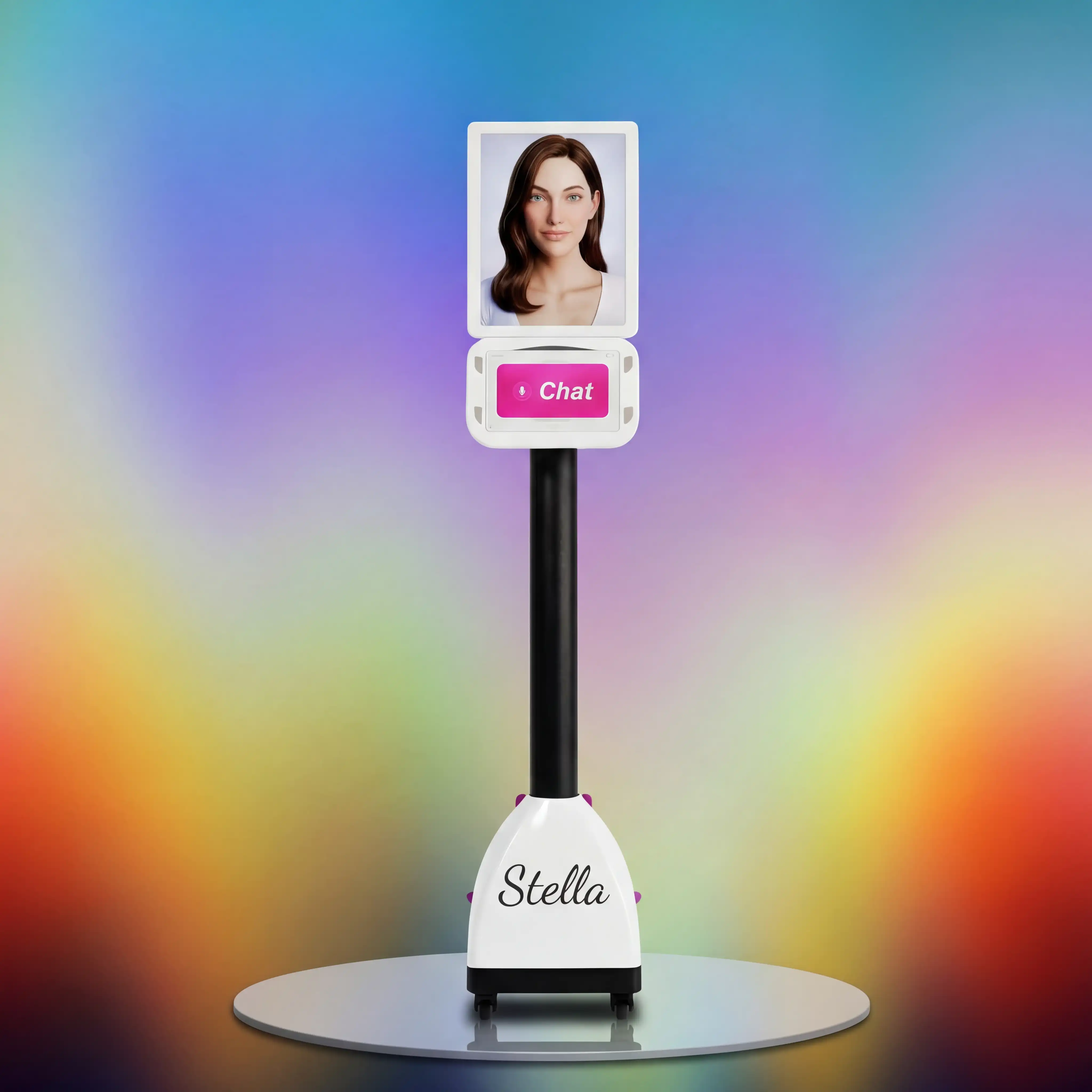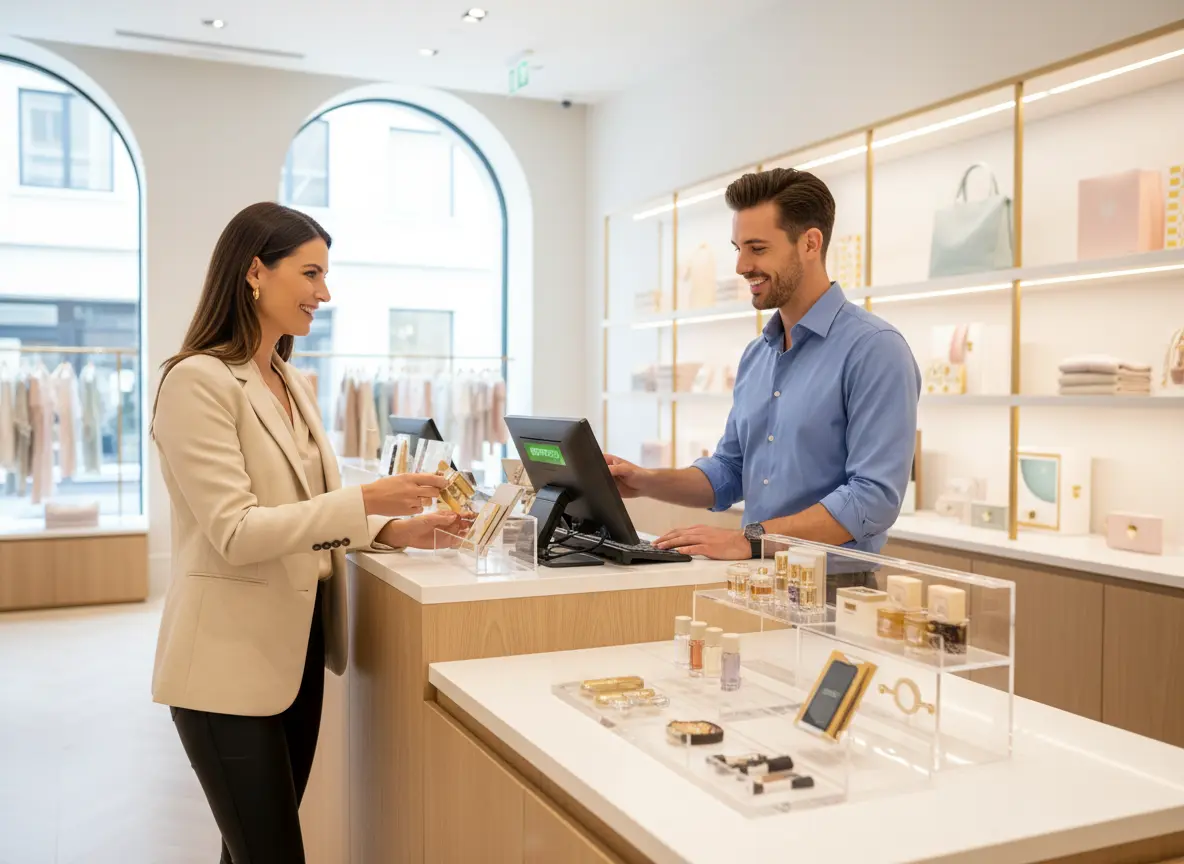The Sweet Smell of Success (and the Stale Scent of Waste)
Ah, the life of an artisan baker. You wake up before the sun, covered in a light dusting of flour that’s become a permanent part of your aesthetic. You perform the magic of turning simple ingredients into golden, flaky, soul-satisfying creations. The smell of your shop is what dreams are made of. And then comes the end of the day—the dreaded culling. You look at the beautiful, unsold loaves of sourdough and the perfect-but-passed-over croissants and feel that familiar pang in your heart... and your wallet. The daily ritual of turning your artisanal masterpieces into very, very expensive bird food is a tradition we’d all like to end.
Let's be brutally honest: for a business built on freshness, waste is the monster under the bed. Food waste in the retail sector is a multi-billion dollar problem, and bakeries are on the front lines. But what if you could tame that monster? What if you could sell more of what you make and turn potential losses into profit? It’s not about finding a magical dough recipe that never goes stale; it’s about getting smarter with your data, your strategy, and your sales floor. Let’s slice into it.
The Art of "Just Enough": Forecasting Fundamentals
Predicting what a city full of people will want to eat on any given day feels a bit like reading tea leaves. But you have more power than you think. The key is to stop guessing and start calculating. Your gut is great for knowing when the brioche is perfectly proofed, but let data handle the production numbers.
Beyond the Crystal Ball: Using Your Own Data
Your Point-of-Sale (POS) system is more than a glorified cash register; it’s your very own business psychic, if you’d only listen to its cryptic whispers. Start by obsessively tracking your sales. Not just the total revenue, but the nitty-gritty details:
- How many pain au chocolat did you sell on Tuesday versus Saturday?
- Do baguette sales spike on rainy afternoons when people are planning cozy dinners?
- Did that Instagram post about your new cruffins actually lead to a sell-out day?
Create a simple spreadsheet or dive into your POS reports. Look for weekly, monthly, and even weather-related patterns. After just a few weeks, you'll move from "I feel like we should bake more scones" to "The data shows a 30% increase in scone sales every Friday morning, so let's ramp up production then." This is the boring, unglamorous work that saves you thousands of dollars a year.
The "Yesterday's Bread" Gambit: Strategic Repurposing
Even with the best forecasting, you’ll have leftovers. But "leftover" doesn't have to mean "garbage." It’s time to get creative. This isn't about selling stale goods; it's about giving your beautiful products a glorious second act.
Think like a chef. That day-old sourdough has the perfect texture for a gourmet grilled cheese special in your café or can be sliced, seasoned, and bagged as artisanal croutons. Those slightly sad-looking croissants? They are begging to be transformed into a decadent bread pudding. You're not selling leftovers; you're creating exclusive, limited-time-only gourmet treats. Frame it this way, and you turn a potential loss into an entirely new, high-margin revenue stream. It’s culinary alchemy, and it pays the bills.
Your Secret Weapon for Smarter Sales
So you’ve forecasted like a pro and baked the perfect amount. Fantastic. But a slow afternoon can still derail your best-laid plans. This is where active, on-the-floor salesmanship makes a world of difference, even if you’re short-staffed.
Turning Foot Traffic into Predictable Revenue
Imagine it’s 4 p.m. and you have a dozen beautiful baguettes left. You know they won't be good tomorrow. What do you do? You could cross your fingers, or you could deploy a secret weapon. This is where an in-store assistant like Stella can change the game. She’s not in the back kneading dough; she's on your front lines, greeting every single person who walks in.
You can program Stella in seconds to adjust her script based on your real-time inventory. She can greet customers with a cheerful, "Good afternoon! We're running a 'perfect for dinner' special on our classic baguettes for the next hour—buy one, get the second half-price!" Suddenly, you’re not just hoping customers notice the bread; you’re actively, professionally, and charmingly planting the idea in their heads. This turns a potential loss into a confirmed sale and a delighted customer who just solved their "what's for dinner" problem.
Gathering Insights That Sharpen Your Aim
The best part? Stella doesn't just talk; she listens. She tracks which promotions and specials get the most engagement. Did the baguette special outperform last week's "free cookie with a coffee" offer? This data is pure gold. It feeds directly back into the forecasting and marketing strategies we just talked about, creating a powerful feedback loop. You're no longer just throwing ideas at the wall; you're making targeted, data-backed decisions that clear your shelves and boost your bottom line.
Fine-Tuning Your Production & Operations
Forecasting and sales are two legs of the stool. The third is a rock-solid, waste-averse operational strategy. It's time to rethink how and when you bake.
The Power of Par-Baking and "Bake-Off" Schedules
Why bake all 80 of your croissants at 5 a.m.? For many items, par-baking is a revolutionary practice. This involves baking items until they are about 80% done and then flash-freezing them. You can then "bake off" smaller batches throughout the day as needed. The benefits are enormous:
- Perpetual Freshness: The "just-baked" smell wafts through your shop all day long, which is a more powerful sales tool than any advertisement.
- Incredible Flexibility: Is there a sudden rush at 2 p.m.? Pop a tray in the oven. Is it a deathly quiet afternoon? Simply don't bake that last tray. You've instantly eliminated the risk of a huge surplus.
- Reduced Morning Stress: It shifts some of the intense workload from the pre-dawn hours to more manageable chunks throughout the day. Your bakers might even thank you.
Embrace the "Sold Out" Sign (No, Really)
Let's dismantle a pervasive myth: a fully stocked display case at closing time is not a sign of success. It's a sign of overproduction and impending financial loss. We need to reframe what "selling out" means. It's not a failure to meet demand; it's proof that you have a high-quality, desirable product that people can't get enough of.
There's a certain prestige to being the bakery that sells out of its legendary morning buns by 10 a.m. It creates scarcity, urgency, and a "get it while you can" mentality. It turns your products into a daily event. Manage customer expectations with clear signage or a friendly heads-up: "Our focaccia is baked fresh each morning, and when it's gone, it's gone! See you tomorrow!" You're not a 24/7 factory; you're an artisan, and your craft is worth coming early for.
Partner Up: The Community Connection
Even with the best systems, some waste is unavoidable. But it still doesn't have to end up in a landfill. This is your opportunity to build goodwill and connect with your community. Partner with a local food bank, shelter, or a food-rescue app like Too Good To Go. Not only is this the right thing to do, but it also has tangible benefits. According to regulations in many places, you can receive a tax deduction for donated food inventory. It’s a win-win-win: you reduce waste, feed hungry people, and get a financial benefit. Now that's smart business.
A Quick Reminder About Stella
While you're mastering the art of the perfect bake, an endlessly cheerful and reliable assistant like Stella can be on your sales floor, ensuring your beautiful creations find a happy home. She works tirelessly to promote your daily specials, answer questions, and make sure no customer—or croissant—gets left behind.
Conclusion: Bake Smarter, Not Harder
Running a bakery is a labor of love, but it doesn't have to be a labor of loss. Reducing waste isn't about one magic bullet; it's about a series of smart, interconnected strategies. It starts with listening to your data, getting creative with your products, being strategic with your sales, and rethinking your operations from start to finish.
Don't try to do it all at once. Pick one thing to focus on this week. Maybe it's tracking your top five sellers every day. Or perhaps it's brainstorming one "upcycled" product you can make from leftovers. Small, consistent changes are what lead to a more profitable, more sustainable, and frankly, more enjoyable business. After all, your passion is for baking, not for waste management. Let's keep it that way.





















